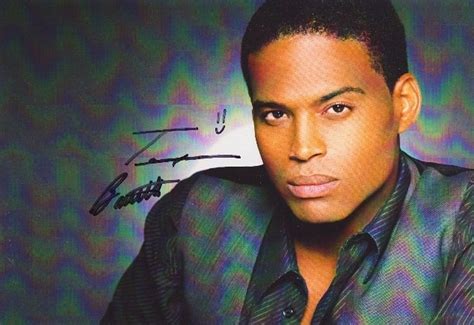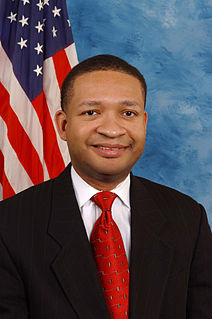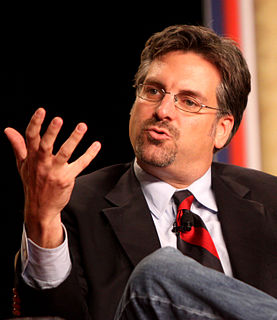A Quote by Texas Battle
I am extremely ecstatic about the presidency of Barack Obama. I think he is paving the way for young African-American men like myself. I have very high expectations for Obama, and I am extremely hopeful that he will bring great lasting change not just to America, but to the entire world.
Quote Topics
About
African
African-American
Am
America
American
American Men
Barack
Barack Obama
Bring
Change
Ecstatic
Entire
Entire World
Expectations
Extremely
Great
High
High Expectations
Hopeful
Just
Lasting
Lasting Change
Like
Men
Myself
Obama
Paving
Paving The Way
Presidency
Think
Very
Way
Will
World
Young
Related Quotes
This is a column collection, or as one colleague called it, "history in real time," recounting my perspective on the highs and lows of this presidency from an African-American perspective. More than simply a column collection, the book has a substantial introduction that frames the [Barack] Obama presidency, explores the way Obama was treated by the political establishment and also how this first black president treated "his" people. In the epilogue, I use numbers to tell the story of African-American gains and losses during this presidency.
I serve on the Institute of the Black World's National Commission on African-American Reparations, and we have asked the President [Barack Obama] to, by executive order, establish a commission to study reparations. He can do this without Congressional approval. While I am not optimistic, I do hope that President Obama considers this in these waning months of his Presidency.
With someone like Barack Obama, I think the whole America, the whole world will coalesce. Every election is about change, and change takes a long time because there are big issues that can't be changed overnight. But the one thing that will change dramatically is how we're viewed around the world. Once Obama is in there, the world will view Americans in an entirely different light. And that, to me, is a good thing.
Interpreting anyone's marriage - a neighbor's, let alone the president's - is extremely difficult. And yet, examining the first couple's relationship - their negotiations of public and private life, of conflicts and compromises - offers hints about Barack Obama the president, not just Barack Obama the husband.
The greatest thing to me about Obama is not the individual, it does not have to do with Obama himself - it's really about the people who have elected Obama. It demonstrates that people are ready for change, and I think Obama knows that, because he really came up from the people, the young generation especially. He motivated a lot of African Americans who never voted before to go and vote.
With respect to Barack Obama, let's face it; Barack Obama is an iconic figure in the African-American community. We respect that. We understand that. African-Americans are going to vote for the first black president, especially when he happens to share the liberal politics on economic issues that many in that community hold.
I am 60, and I am as much an internationalist as when I was younger, when I was a Marxist-Leninist. Internationalism is one of the rare pieces of that heritage to which I remain loyal. That is Barack Obama's strength. A politician has finally understood that politics is not only about the closing of a mine in Ohio-it is also about the will to reach out, to embrace the world of today's young Americans. That way, young Americans may eventually reconcile with politics.
In that sense, Obama is America's first postmodern president. If his predecessors tended to see the world in terms of good and evil, Obama sees the world in terms of victims and victimizers - with the United States often in the role of victimizer. In that view, long favored by the academic left that shaped a young Barack Obama, American foreign policy is one long train of abuses, marked by casual aggression and eager imperiousness.
One of the things that you come pretty early on to understand in this job, and you start figuring out even during the course of the campaign, is that there's Barack Obama the person and there's Barack Obama the symbol, or the office holder, or what people are seeing on television, or just a representative of power. And so when people criticize or respond negatively to me, usually they're responding to this character that they're seeing on TV called Barack Obama, or to the office of the presidency and the White House and what that represents.



































